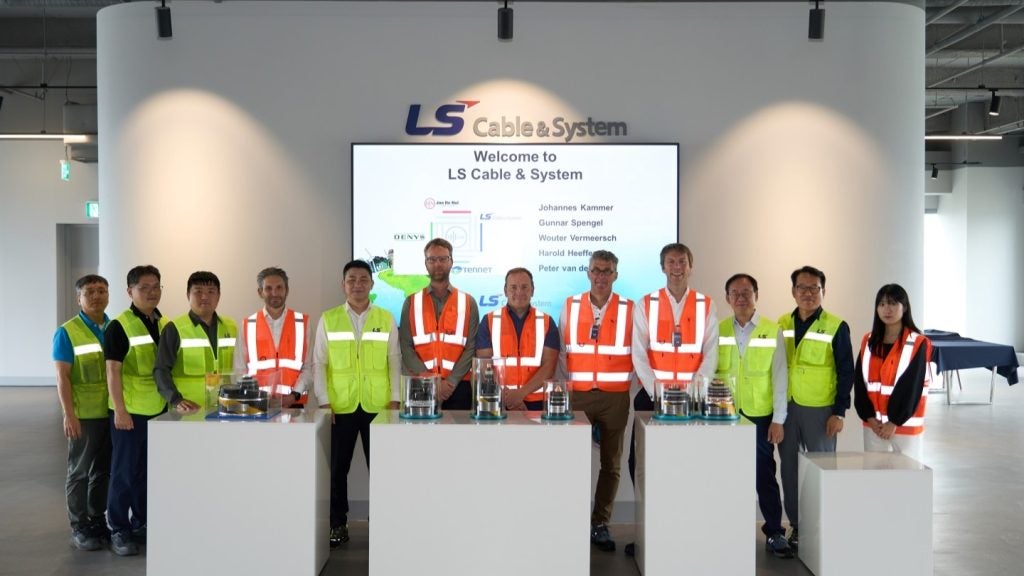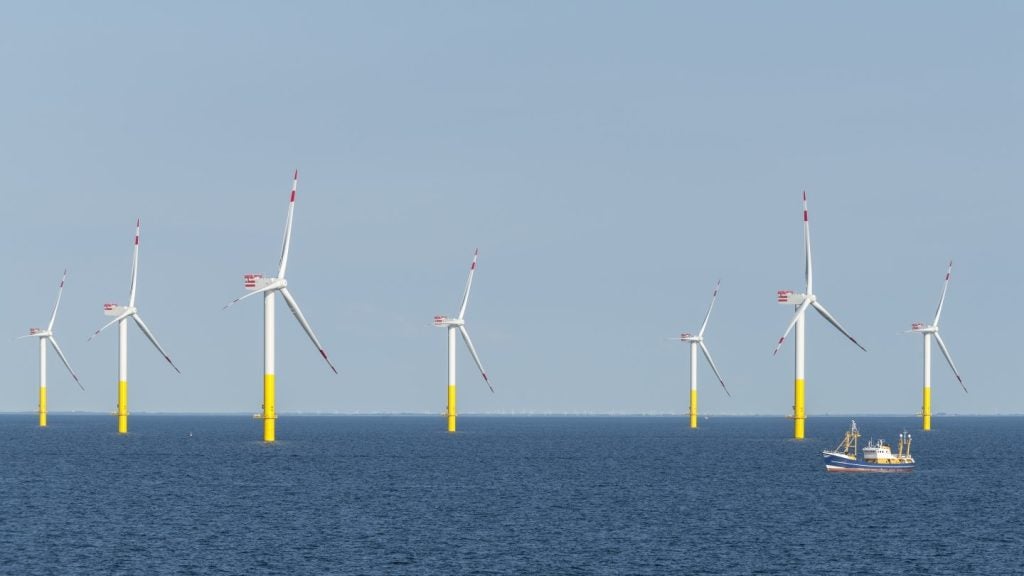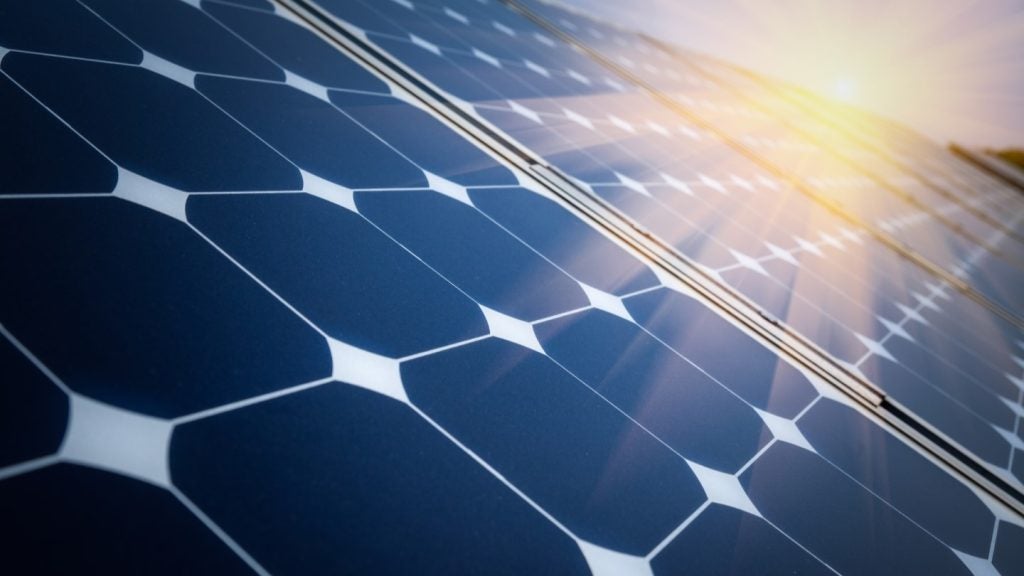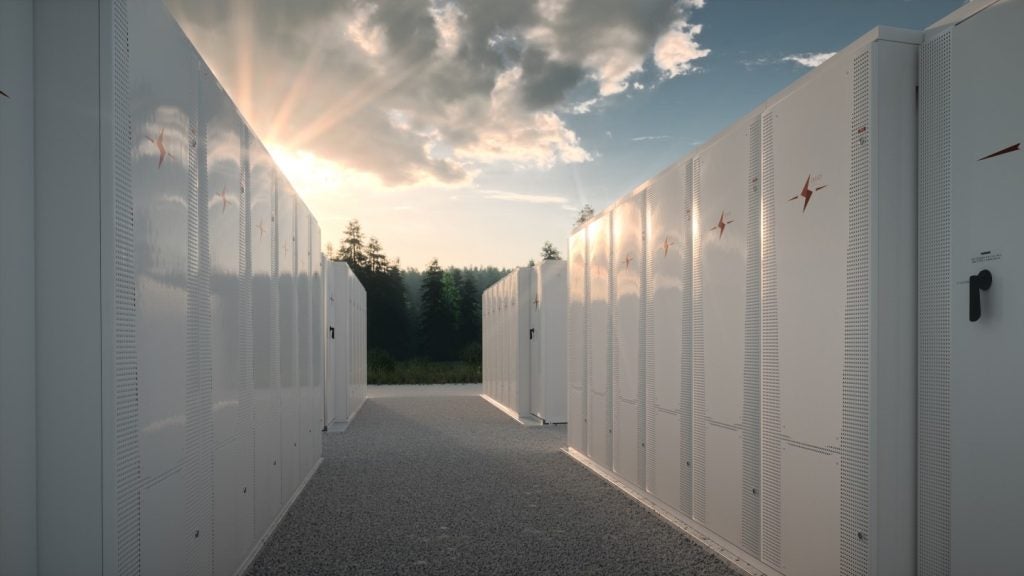Dutch transmission system operator TenneT has announced the start of production of 525kV cables for its German offshore wind grid connection projects, BalWin4 and LanWin1, at LS Cable's South Korean facilities.
Commencing cable production in the city of Donghae, South Korea, is a significant step for TenneT's offshore grid systems, introducing a new voltage level for transmitting wind energy.
The cables will serve the BalWin4 and LanWin1 wind farms. They will be capable of delivering 2GW of direct current over long distances with minimal losses, a substantial increase from the previously used 320kV cables.
The production marks the execution of a framework agreement signed in May 2023 with a consortium including the Jan De Nul Group, LS Cable & Systems and Denys.
The contract encompasses manufacturing and installing four 525kV DC cable systems for TenneT's North Sea projects.
BalWin4 is expected to become operational in 2029 and LanWin1 in 2030.
1,650km of cable will be produced for the two projects. Each will require 275km of route length, including 165km of subsea cables and 110km of land cables.
A metallic return conductor will be laid alongside the positive and negative poles to maintain electricity flow during maintenance or repairs, complemented by a communication cable.
The copper inner conductors give the subsea cables significant heft, weighing approximately 76kg per metre. Each project's submarine cables will weigh around 25,000t.
Cable production is set for completion in 2028, with sea laying from the second half of 2026.
Jan De Nul Group, the Belgian offshore services provider, will deploy its cable-laying vessel Fleeming Jenkin.
Land cable construction, led by Denys, will begin in the second half of 2026, utilising both open trench and horizontal drilling methods to navigate varying terrains and infrastructures.














